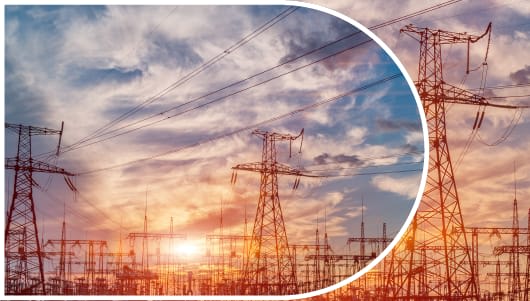
The Role of AI in the Transition to Net Zero


Senior Industry Leaders Shared Their Insights
Artificial intelligence (AI) is reshaping every industry, changing the way technology is used to analyse data and generate outputs. But as demand for AI has grown, so has energy use. The computer power required to develop machine learning models has doubled every five to six months since 2010, says the International Energy Agency (IEA).
The increase in electricity demand comes as global economies transition to net zero over the next thirty years to become carbon neutral. Nevertheless, AI offers the potential to support climate change by suggesting energy efficiency improvements. AI can help improve predictions of supply and demand, identify faults in infrastructure before they become an issue and enhance the management of power distribution grids.
The Financial Times, in partnership with Schneider Electric, hosted this webinar for industry leaders in energy management, technology and production to discuss the benefits and challenges of AI. Participants heard from industry leaders about how artificial intelligence is being deployed to make energy use more efficient and learn how innovations are making energy use smarter.
World-Class Business Leaders and Speakers
Key Discussion Points
Opportunities Presented by AI
What are the main challenges and opportunities presented by artificial intelligence, particularly in the energy sector?
Low-Energy AI Use
How can AI be used in a way that uses low or no-carbon energy – allowing companies to be more competitive while reducing CO2 emissions?
Energy Use Innovation
What innovations are changing energy use and energy management – and what innovations are in the works?
Watch Our Previous Webinar with Schneider Electric

Developing Technology to Secure the Water Supply
How can global companies, regulators and stakeholders work together?
We’re Here To Help
© Financial Times Live
FT Live and its journalism are subject to a self-regulation regime under the FT Editorial Code of Practice